Keywords: Society Of Jesus
There are more than 200 results, only the first 200 are displayed here.
-

AUSTRALIA
- Andrew Hamilton
- 16 December 2016
11 Comments
TS Eliot's 'Journey of the Magi' ends with the ambiguous line, 'I would be glad of another death'. If we set alongside one another the birth of a new and sour political order and the birth that is central to the first Christmas story, we are challenged to resolve the ambiguity. We may give up our hopes for a just and peaceful world, retire from it as gracefully as we can, and accept the victory of power and brutality. Or we can return to the Christmas story and to the hope that is central to it.
READ MORE 
-

INFORMATION
The Society of Jesus in Victoria, Jesuit Communications Christmas Raffle 2016Drawn on Thursday 8 December 2016 (Permit No 10662/16 issued 23 August, 2016)
Congratulations to the winners:1st prize: A. Jones, Vic.2nd prize: J. Molony, ACT3rd prize: M. Duggan, NSW4th prize: K. McCormack, SA
Thank you to everyone who supported our Christmas raffle.
READ MORE
-

RELIGION
Two days after his election, the communications team of General Congregation 36 sat down with Father General Arturo Sosa to discuss his life and thought. The conversation introduces the new Superior General in a way that is more personal, to Jesuits and the wider Ignatian family around the world.
READ MORE
-
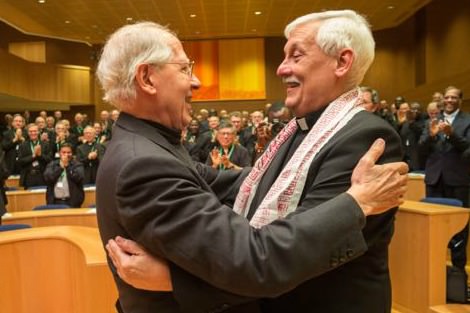
RELIGION
- Andrew Hamilton
- 07 November 2016
6 Comments
Ordinarily I wouldn't dare to say political leaders have anything to learn from Jesuits. But these are the kind of extraordinary times of anxiety and flux that led ancient rulers to consult oracles, read tea leaves and look at the flight of birds. People fret because their future and pockets rise and fall on the tide of of would-be presidents. In the sour slurry of discontent and puzzlement the election of a Venezuelan political scientist as international leader of the Jesuits provides material for broader reflection.
READ MORE 
-
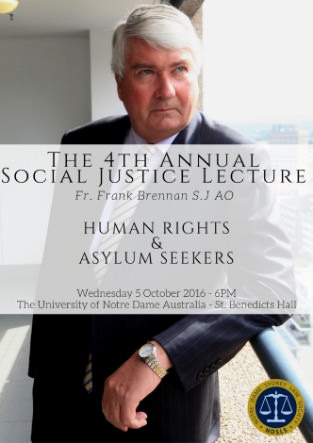
AUSTRALIA
- Frank Brennan
- 06 October 2016
8 Comments
Australia's policy is unique and unrepeatable by other nations because it requires that you be an island nation continent without asylum seekers in direct flight from the countries next door and that you have access to a couple of other neighbouring island nations which are so indigent that they will receive cash payments in exchange for warehousing asylum seekers and proven refugees, perhaps indefinitely. The policy over which Turnbull presides is not world best practice. It's a disgrace.
READ MORE
-

RELIGION
- Frank Brennan
- 23 September 2016
18 Comments
'No good will be served by a royal commission auspiced by the state telling a Church how it judges or complies with its theological doctrines and distinctive moral teachings. By all means, set universal standards of practice expected of all institutions dealing with children, but do not trespass on the holy ground of religious belief and practice.' Fr Frank Brennan SJ addresses the Freedom for Faith Conference in Melbourne, 23 September 2016.
READ MORE
-
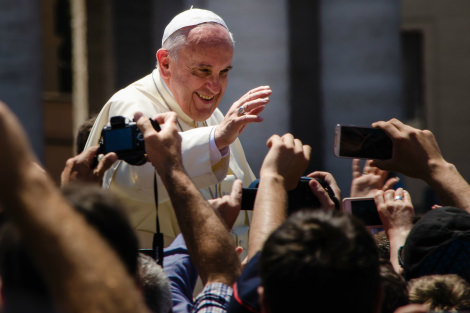
RELIGION
- Andrew Hamilton
- 15 September 2016
17 Comments
Is Francis' style of political engagement effective? It has certainly gained him a favourable hearing within church and society. His message and his personality suit the times. Whether it will be lastingly effective will depend on whether he changes attitudes, particularly those of people who will be responsible for governance in church and state. But at the very least he has stressed the ethical and religious urgency of treating refugees, the environment, and the economy with respect.
READ MORE 
-
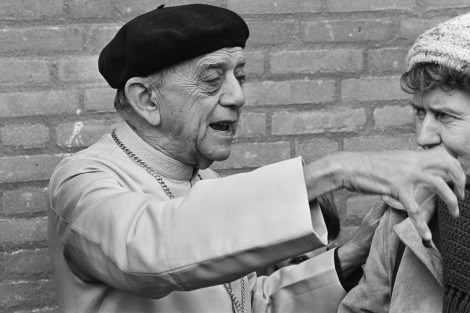
RELIGION
- Ann Deslandes
- 02 September 2016
19 Comments
Many Brazilians remember the 'Red Bishop' as much more than a defender of human rights. For these people, Helder Camara is included reverently in the litany of rogues who drew the ire of church and state authorities by demanding both do a better job of embodying a message of social justice. It was a powerful idea to grow up with: that this imposing and defining institution I had been born and baptised into contained a rebellious truth that often demanded we go against the institution's own grain.
READ MORE 
-

INTERNATIONAL
- Jim McDermott
- 24 August 2016
5 Comments
Maybe standing there we weren't afraid about the fight that was happening across the street, but the fraying at the edges that it represents, the insecurity that the gospel both of Trump and against Trump seems to be creating in our society. It echoes the insecurity we hear in the Brexit vote, and the treatment of both ethnic British citizens and immigrants that followed. Likewise, the resurrection of Pauline Hanson and her One Nation party. None of it sounds good and where is it all going?
READ MORE 
-
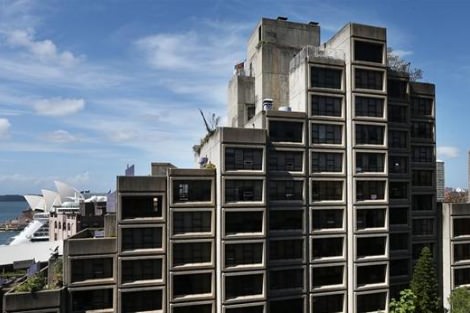
AUSTRALIA
- Catherine Marshall
- 18 August 2016
6 Comments
The Brutalist building - so ugly when I first saw it, now a familiar milestone on the journey into the city - has been condemned to an undignified death; soon it will be demolished, a luxury apartment building erected in its stead. The long-term residents have packed their meagre belongings and gone (though not without a fight). Such is the pattern of progress in New South Wales, under a government that has no compunction in selling public land to the person whose wallet is the fattest.
READ MORE 
-

RELIGION
- Frank Brennan
- 01 August 2016
Inspired by the person Ignatius, inspired by the person Jesus, we are motivated to make a difference; we are passionate to seek justice for all, especially the poor and the marginalised; we are convinced that we can find God in all things, even in the Don Dale Detention Centre; we know that all persons are called to a deep interior freedom, even those prison guards with hardened hearts; we are convinced that the law of the Lord teaches us right from wrong and that the ways of the Lord inspire us to do and proclaim what is right and to denounce what is wrong, especially when the wrong is done by the powerful upon the powerless.
READ MORE
-
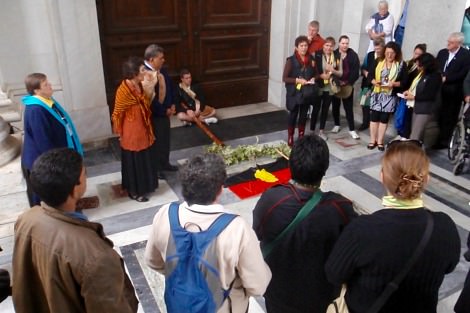
INTERNATIONAL
- Frank Brennan
- 27 July 2016
2 Comments
The violence at the pastoral frontier of the British colonies here in Australia was all pervasive. 228 years after it commenced, we are still experiencing the after-effects. When I started advocating Aboriginal rights here in Australia almost 40 years ago, the prevailing wisdom was that the missions and missionaries were all bad news. It will come as no surprise that I have always doubted that Aborigines were well rid of religion and the missionaries in all circumstances.
READ MORE